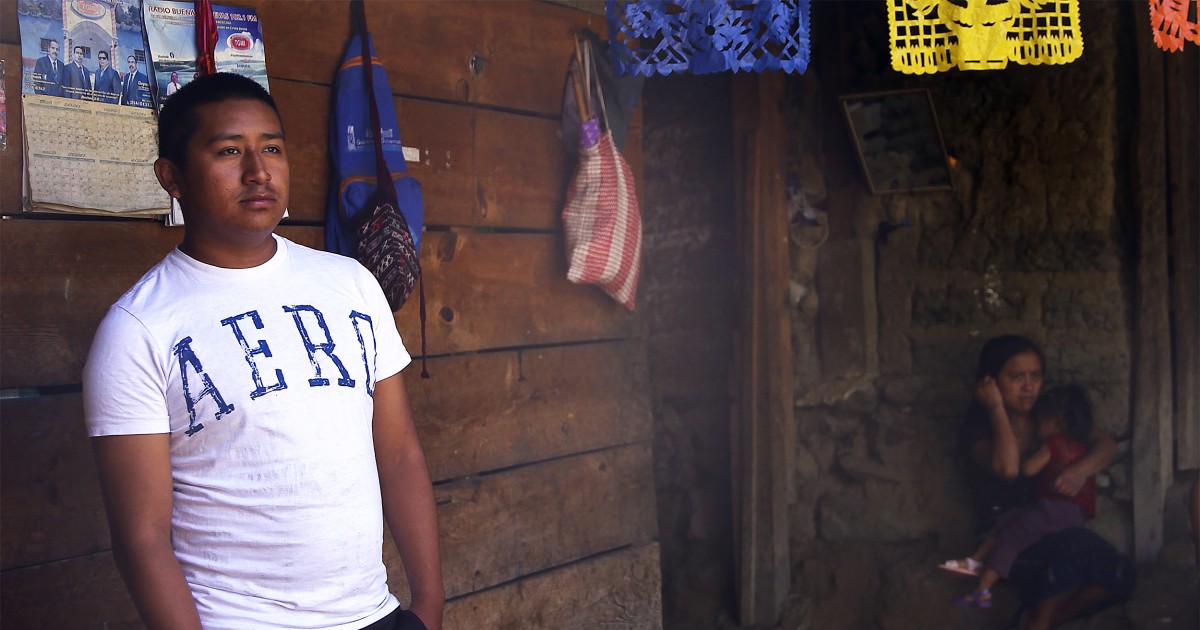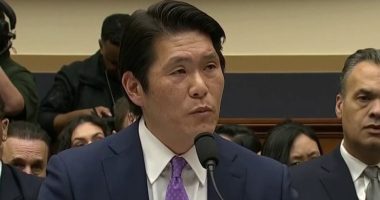
“It’s really important to look at how climate change interacts with existing vulnerabilities and how climate change exacerbates those vulnerabilities, how it threatens livelihoods, how it increases poverty, how it interacts or tips over into conflict,” said Amali Tower, the founder and executive director of Climate Refugees, a nonprofit organization that aids and raises awareness about climate migration.
In Guatemala, years of severe drought interspersed with tropical storms, Hurricanes Eta and Iota last year and other heavy precipitation events have not only destroyed crops but also battered the land, said Paris Rivera, a climatologist at the Mariano Gálvez University of Guatemala.
“The plants no longer grow and the soil that remains is infertile,” Rivera said, “causing various problems, especially to the people who use the soil for their crops and for their personal consumption, thus generating incredible food insecurity.”
While climate stress will probably drive waves of migration in Guatemala and elsewhere around the world, not everyone will have the means or ability to cross borders.
“It’s not as simple as a drought hits the Dry Corridor and all these farmers pick up their things and move north,” Depsky said. “It’s a lot more nuanced, and the people most impacted because they have the fewest resources to adapt and cope are also the ones that can’t afford to move until it’s a life-or-death situation.”
As such, most climate migration will likely be among people who have been displaced and forced to move within their home country. A report released earlier this month by the World Bank projected that 216 million people across Sub-Saharan Africa, South Asia, Eastern Europe, North Africa, Central Asia, East Asia and the Pacific could move within their countries by 2050.
“Nobody actually wants to be forced to leave their own home,” Tower said. “By and large, how climate change impacts mobility is to create situations of internal displacement.”
But with so much on the line in an increasingly untenable situation, some like Mendez feel they don’t have much of a choice but to leave Guatemala and push north.
“I’m worried about the future,” he said. “All I can do is pray to God I’ll be able to migrate to the U.S.”
Denise Chow reported from New York City, and Carlos P. Beltran from La Vega, Guatemala.
Source: | This article originally belongs to Nbcnews.com









